Major change to EV & PHEV tax cuts coming on June 30
The good news about high inflation, especially if you're in the market for an EV or a plug-in hybrid, is change is coming. It's going to happen on the 30th of June and you may want to factor this in to your pre-flight checklist before you take off…
It's very easy to turn on the TV an be assaulted lately by the mainstream mediocrity and its stuttering obsession with high inflation doom-and-gloom.
But I'd suggest it's not all bad news. It's actually good news if you are seeking to capitalise on the federal government's recent incentivization for EVs and plug-in hybrid EVs.
Essentially what they've done is remove the FBT (Fringe Benefits Tax) from that purchase - you just don't pay - provided that vehicle is under a price cap and provided that you take out a novated lease. They've incentivised the purchase of these vehicles for ordinary Australians on salaries and wages.
If you’re eligible for this exemption, it's a simple concept: salary sacrifice. That's what it's called because that's what it is, and that's what it does. But the granular detail gets complex pretty quickly, so for the novated leaving new-comer, I have a bunch of reports on this here:
Electric vehicles just got thousands cheaper for ordinary Australians. >>
Novated Lease basics: The eco car LCT threshold explained in full >>
Every EV and PHEV eligible for zero fringe benefits tax in Australia today >>
You might also like to take my EV Sanity Check: Is an electric vehicle really right for you? before you dive in and fully commit.
Electric cars have been put within financial reach of ordinary wage-earning Australians, just do your research before signing anything.
I wanted to talk to you about this price cap because it's about to change and that's not speculation, it changes every year on the 30th of June.
In this tax year, the cap where you can get the FBT exemption is $84,916, so if your vehicle is below that much, you're sweet. No FBT.
If it's one dollar more than that, you're gonna pay the full wedge of FBT. So you have to be very careful.
If you're reasonably affluent on a really good salary and you are looking to maximize the FBT benefit here, you might want to pay as much as you can for the best EV you can find beneath the cap.
It was $84,916 this year, the previous year financial year ending 2022) it was $79,659, and a year before that (financial year ending 2021) it was $77,565. The obvious question there is where do they come up with these seemingly random numbers?
The answer is: the cap is indexed. They increase it by the amount of the Consumer Price Index (CPI). In other words, it's adjusted for inflation every year - and inflation is running pretty high at the moment. So the increase in the cap for the next year is going to be pretty high… but it’s not straightforward.
The bottom line with all of this is what the increase is going to be and what will the cap be after June 30. It's only three months away.
According to Forbes on the 29th of March when they were reporting the ABS data on the CPI 12-month rolling average, in the 12 months to December 2022, inflation was 8.4 annually. In the 12 months to January it was 7.4, and in the 12 months to February 2023 it was 6.8.
So if we do some really simple ballpark estimation of the annualized CPI inflation rate for June 30 at six per cent, what happens to the $84,916? Well 1.06 x 84,916 is about 90,000.
There are a great many vehicles or variants of vehicles that are just on the cusp of the current threshold. For example, the Hyundai Ioniq 5 you can get in mid-spec variant which they call the Techniq, at just under the current cap.
But if there's a six percent increase, you'll get the top spec Epiq no problem, and it's got a heap more features you can foreseeably afford after June 30.
For more details on this, watch the full report above.
Have a read of my Ultimate Electric Vehicle and Plug-In Hybrid Buyer's Guide: How to save thousands >> report on how to buy the right one.
Electric and plug-in hybrid electric vehicles you might also consider include:
2023 MG ZS EV: Australia's most practical electric vehicle - so far >>
2023 Mitsubishi Outlander PHEV: Full Technical Analysis and how to get one cheap >>
2022 Mitsubishi Eclipse Cross PHEV: Full Review and Eco Analysis >>
2023 Kia Niro Hybrid and Full EV Pricing, Details and Analysis >>







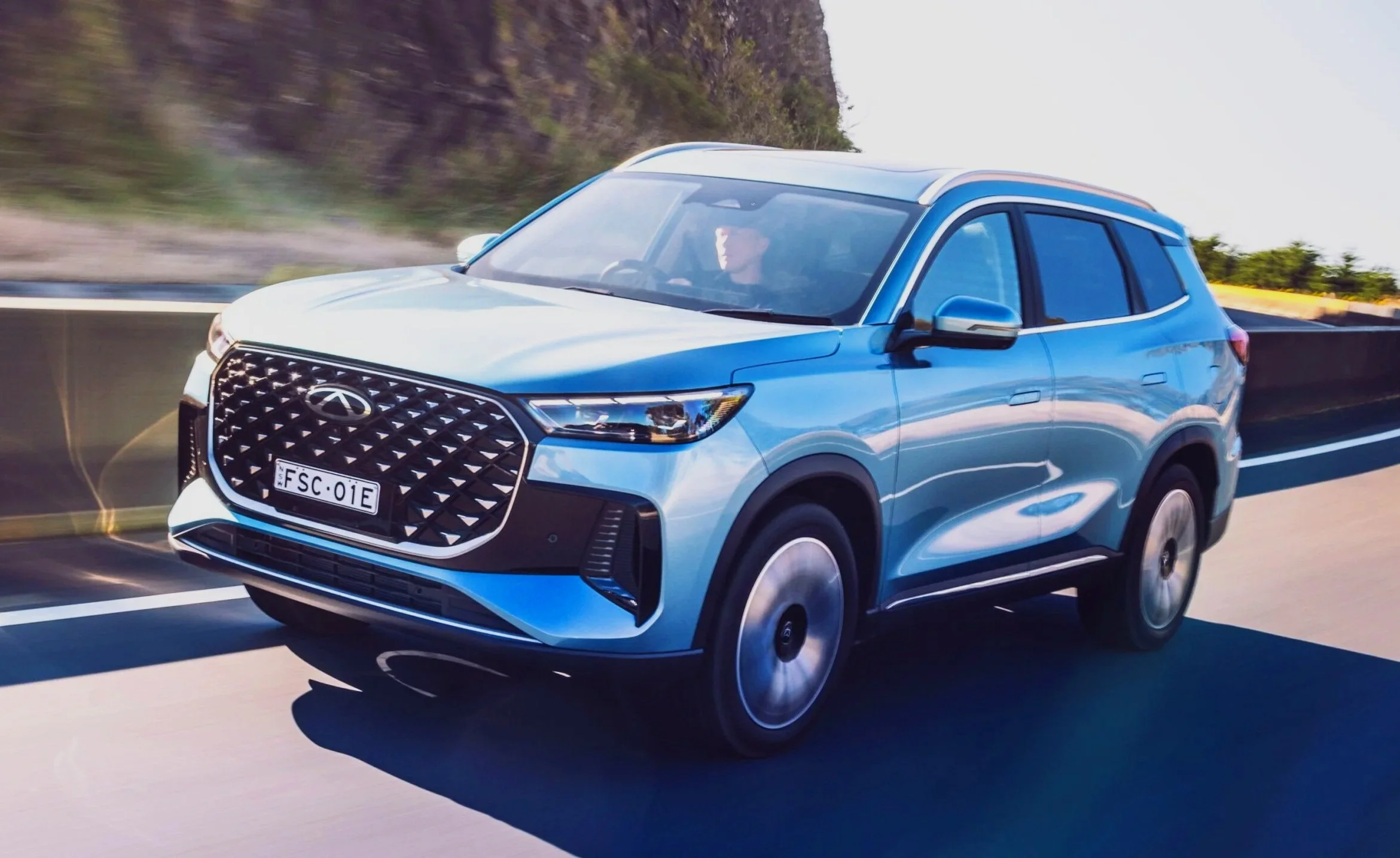
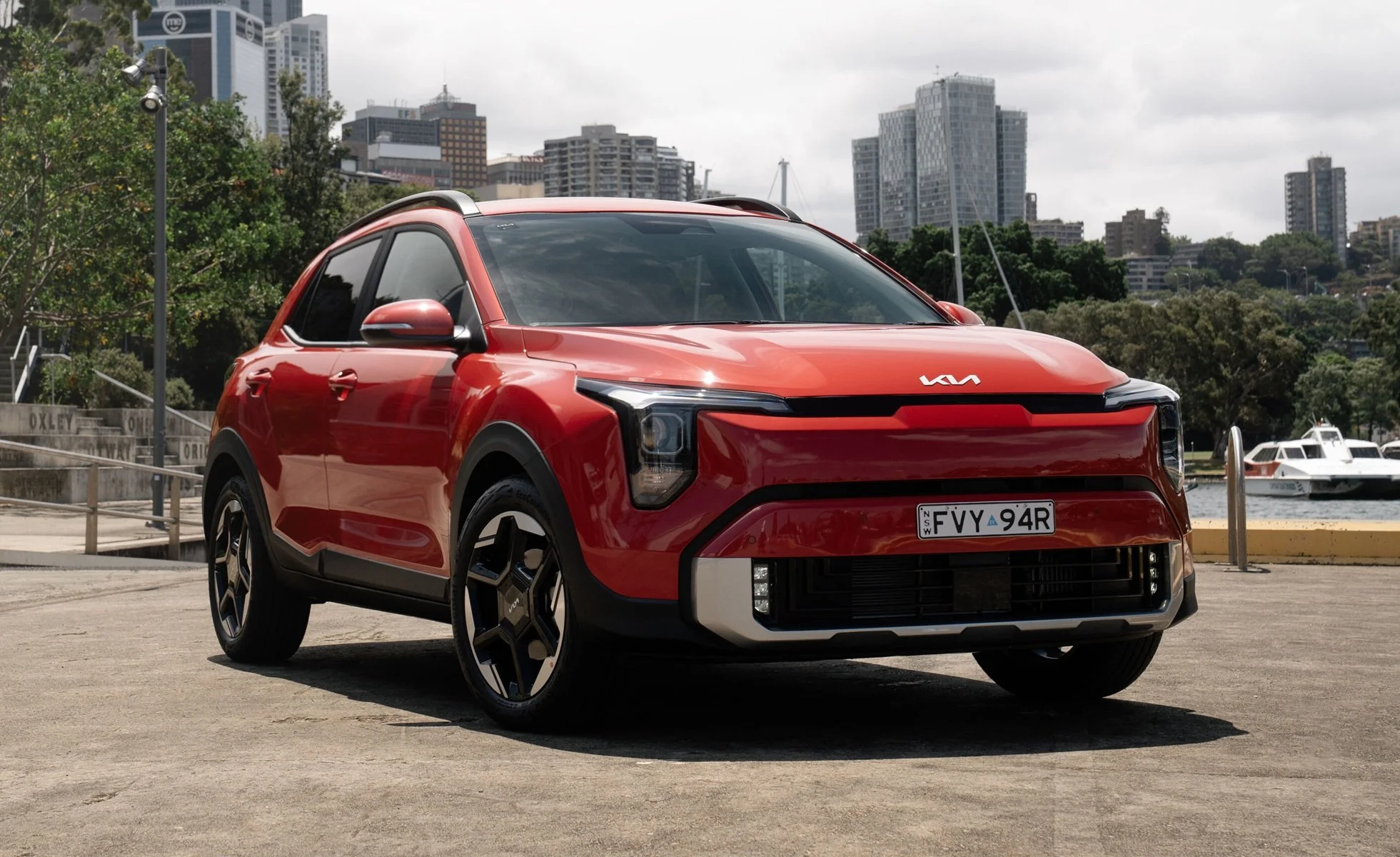
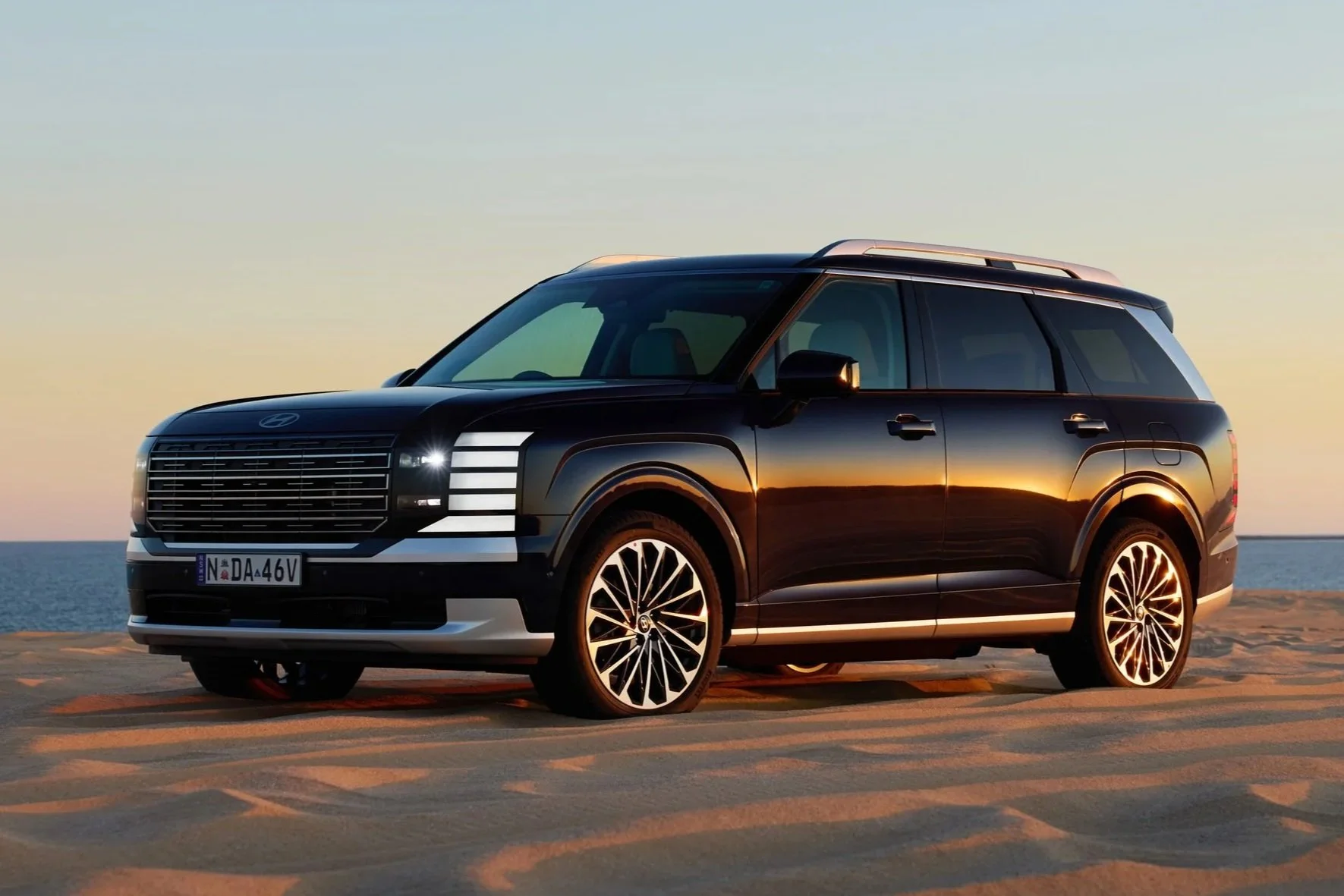
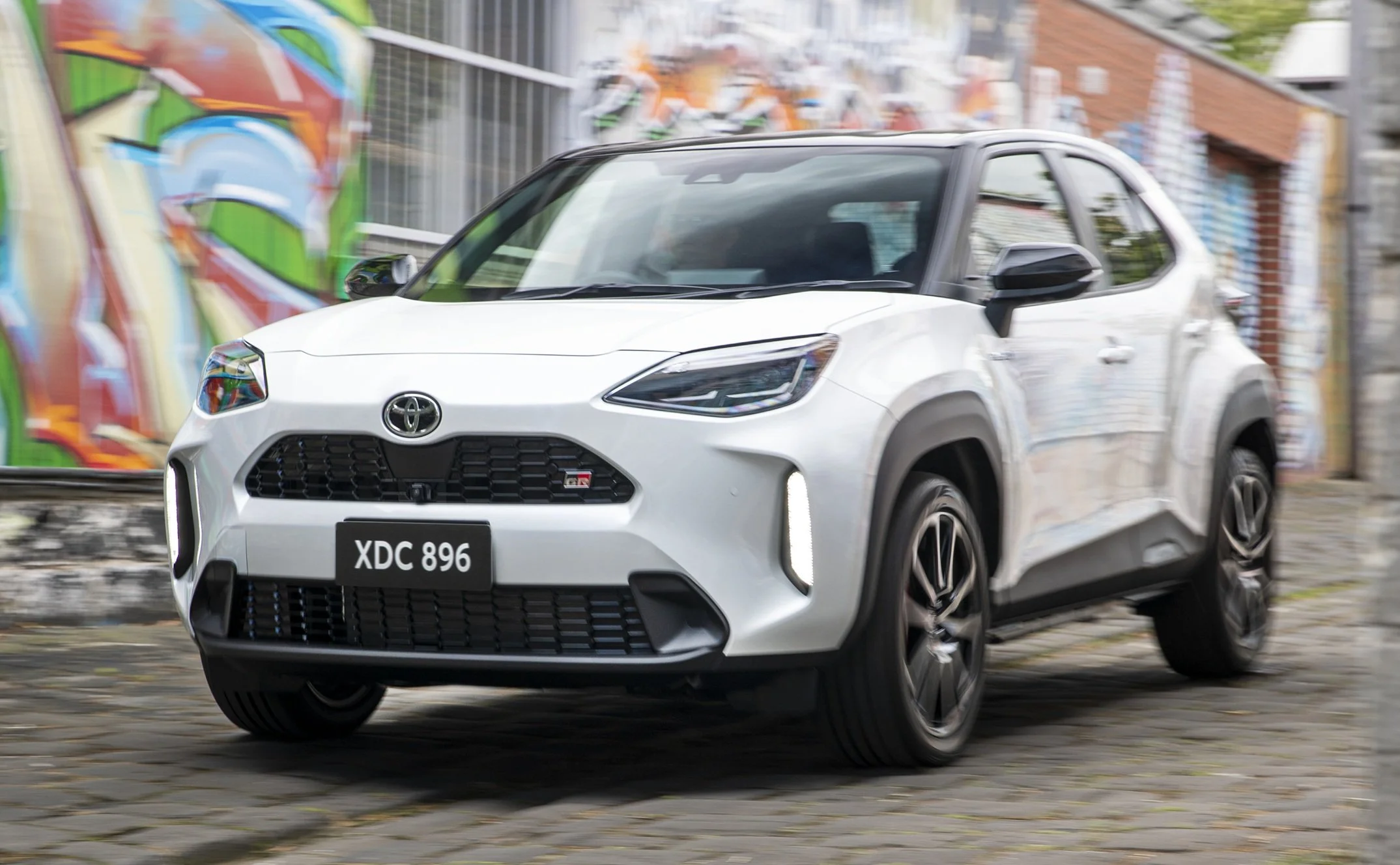

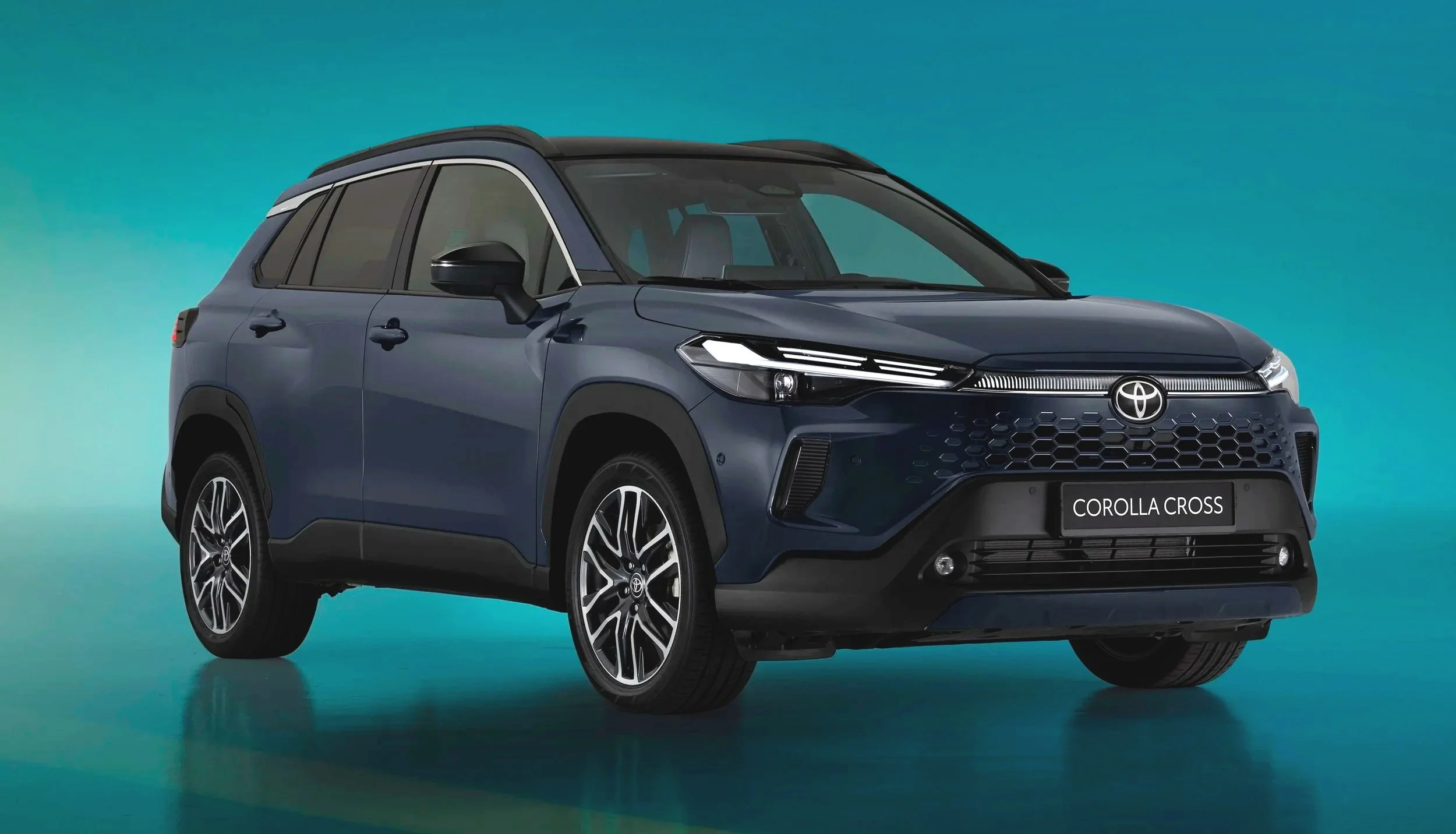

There’s plenty to like about the 7-seat Ford Everest for hardcore off-roading and heavy towing thanks to its big V6 diesel. But is it wise dropping up to $80K on Ford these days?